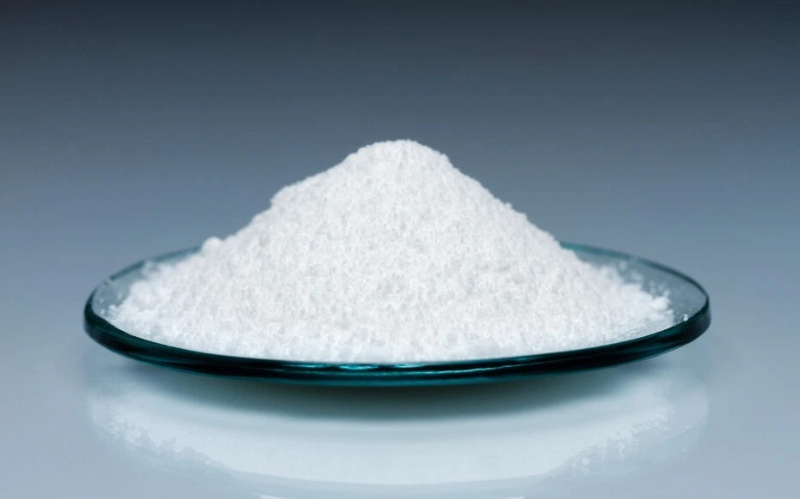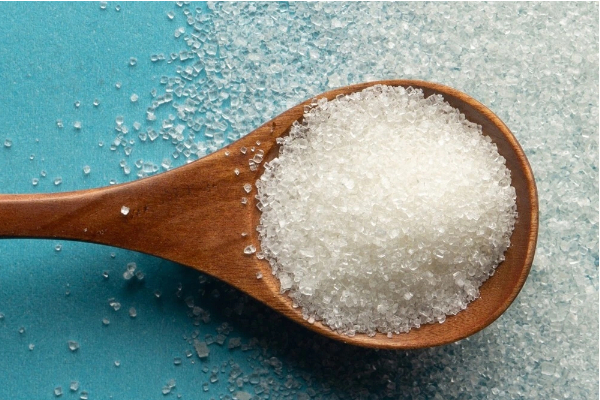







Content Menu
● Aspartame Metabolism and Toxicity
● Health Risks Linked to Aspartame
>> 2. Diabetes and Blood Sugar Control
>> 3. Neuropsychiatric and Behavioral Effects
>> 5. Impact on Children and Pregnancy
>> 6. Allergies and Skin Reactions
● Frequently Asked Questions (FAQ)
>> 1. Is aspartame harmful to the body?
>> 2. Who should avoid aspartame?
>> 3. Does aspartame cause cancer?
>> 4. Can aspartame help with weight loss?
>> 5. What are safer alternatives to aspartame?
Aspartame is a widely used artificial sweetener, approximately 200 times sweeter than sugar, commonly found in thousands of food, beverage, and pharmaceutical products worldwide. Despite its popularity as a low-calorie sugar substitute, there are growing concerns and ongoing debates regarding its safety and health effects. This article explores why avoiding aspartame may be beneficial, backed by scientific research and health considerations.

Aspartame is an artificial, low-calorie sweetener derived from two amino acids: aspartic acid and phenylalanine, naturally present in foods and the human body, but chemically modified to enhance sweetness. Sold under names like NutraSweet and Equal, aspartame is used in diet sodas, flavored waters, chewing gums, light yogurts, and many other low-calorie and sugar-free products.
Upon consumption, aspartame breaks down in the digestive tract into three main components: phenylalanine (50%), aspartic acid (40%), and methanol (10%). Methanol is further metabolized in the liver to formaldehyde and formic acid, which are toxic substances capable of damaging liver cells and other tissues. These metabolites, particularly methanol and formaldehyde, contribute to concerns over the potential health risks of aspartame. Notably, these toxic metabolites may affect the brain and other organs, raising questions about the long-term safety of continued aspartame intake.
Though initially marketed as a weight-loss aid, studies on aspartame's effect on metabolism and weight are mixed. Some research indicates that aspartame could slow metabolism, potentially contributing to weight gain despite calorie reduction. A Yale study found that low-calorie sweeteners like aspartame may slow metabolism when combined with fats or carbohydrates, complicating its role in weight management.
Aspartame does not spike blood glucose levels, making it seem suitable for people with type 2 diabetes. However, some studies suggest it may alter gut microbiota and increase cortisol hormone levels, possibly leading to insulin resistance and weight gain, which can worsen diabetes control.
Aspartame intake has been linked to mood disorders, depression, headaches, and irritability. Its metabolites can disrupt neurotransmitter synthesis, reducing dopamine and serotonin levels critical to mood regulation. Aspartame's excitatory amino acid, aspartate, interferes with brain calcium regulation, potentially causing neuronal damage and neurodegeneration over time.

The International Agency for Research on Cancer (IARC) classifies aspartame as possibly carcinogenic to humans (Group 2B) based on limited evidence of liver and other cancers in animals and humans. Although the FDA maintains aspartame is safe at typical consumption levels, studies have noted a higher incidence of cancer among heavy consumers, warranting caution.
High aspartame consumption during pregnancy and childhood may increase risks such as early onset of menstruation and obesity in offspring. Its metabolites can cross the placenta, and prenatal exposure has been linked to behavioral and metabolic disturbances in animal studies.
Consumption of large amounts of aspartame has occasionally been associated with allergic reactions like contact dermatitis and systemic skin inflammation, possibly due to formaldehyde accumulation.
Individuals with PKU, a rare genetic disorder impairing phenylalanine metabolism, must avoid aspartame to prevent toxic buildup causing severe brain damage.
For those wanting to avoid aspartame, safe and natural alternatives include monk fruit extract, allulose, stevia, and sugar alcohols like erythritol. Sucralose is another FDA-approved artificial sweetener considered safe for most people.
While aspartame is approved for use in many countries and is generally safe at low to moderate intake, increasing evidence points to possible health risks from long-term and high consumption. These concerns include metabolic issues, neuropsychological effects, cancer risk, and impact on vulnerable populations like children and pregnant women. Considering these factors, many health experts recommend minimizing aspartame intake and opting for safer natural sweeteners when possible.

Aspartame is considered safe by regulatory agencies when consumed within daily acceptable intake levels. However, some studies suggest potential health risks, especially with high consumption or in sensitive individuals.
People with phenylketonuria (PKU), pregnant women with high blood phenylalanine levels, and individuals sensitive to artificial sweeteners should avoid aspartame.
Aspartame is classified as possibly carcinogenic by the IARC, but evidence is limited and controversial. Regulatory bodies like the FDA deem it safe at approved levels, though caution is advised.
Evidence is mixed. While aspartame reduces calorie intake, it may slow metabolism or lead to behavioral changes that offset weight loss benefits.
Natural sweeteners like monk fruit extract, stevia, allulose, and sugar alcohols are good alternatives. Sucralose is also FDA-approved and widely used.
Top Nutritional Supplement Manufacturers And Suppliers in Indonesia
Top Nutritional Supplement Manufacturers And Suppliers in India
Top Nutritional Supplement Manufacturers And Suppliers in Germany
Top Nutritional Supplement Manufacturers And Suppliers in France
Top Nutritional Supplement Manufacturers And Suppliers in Canada
